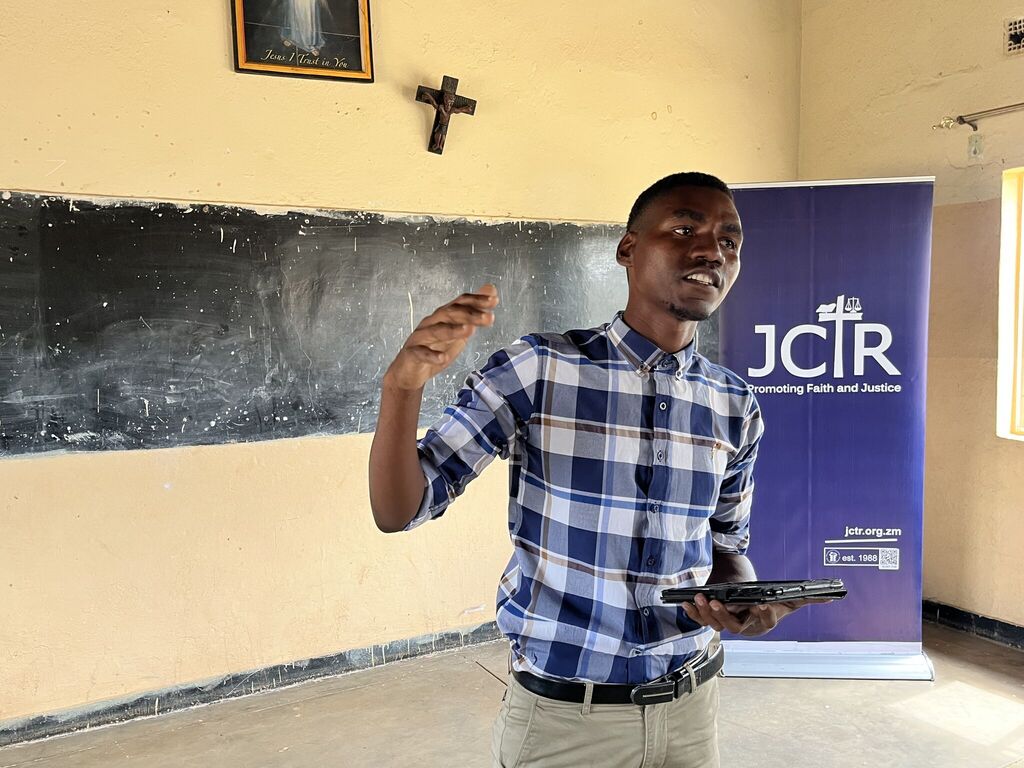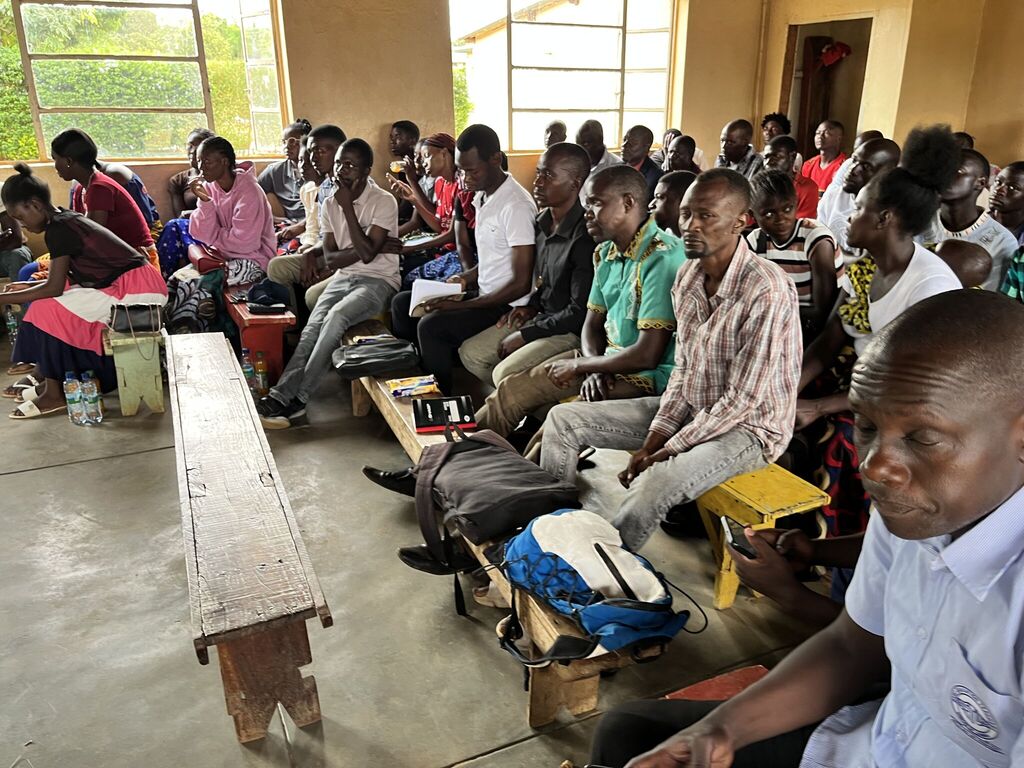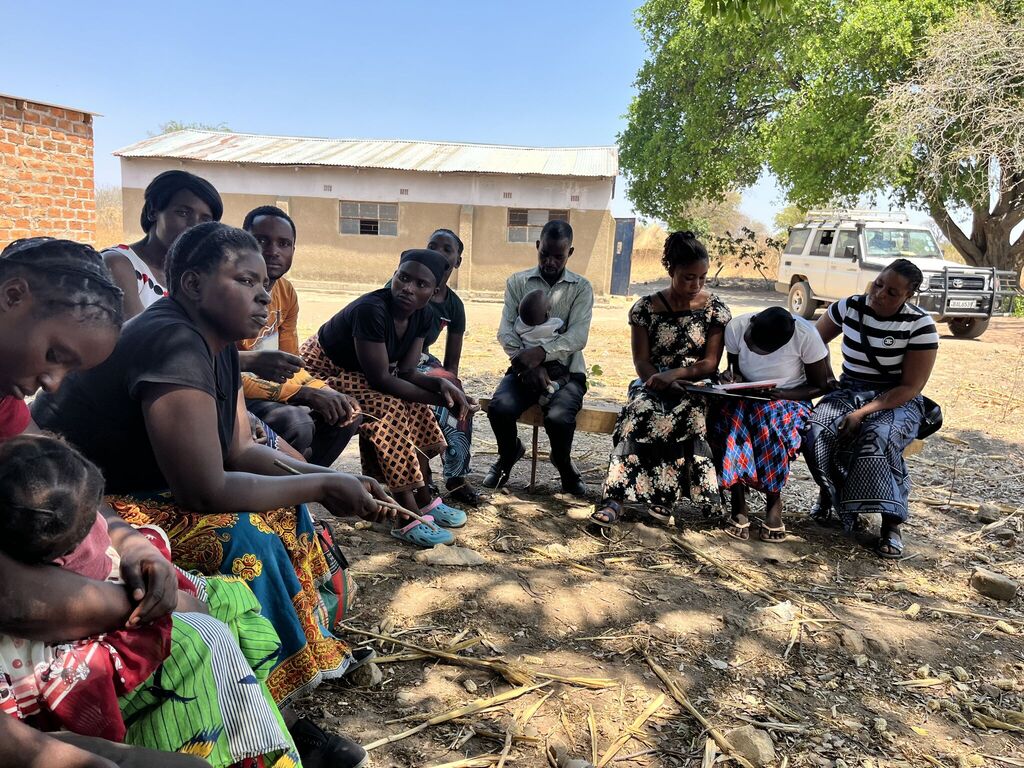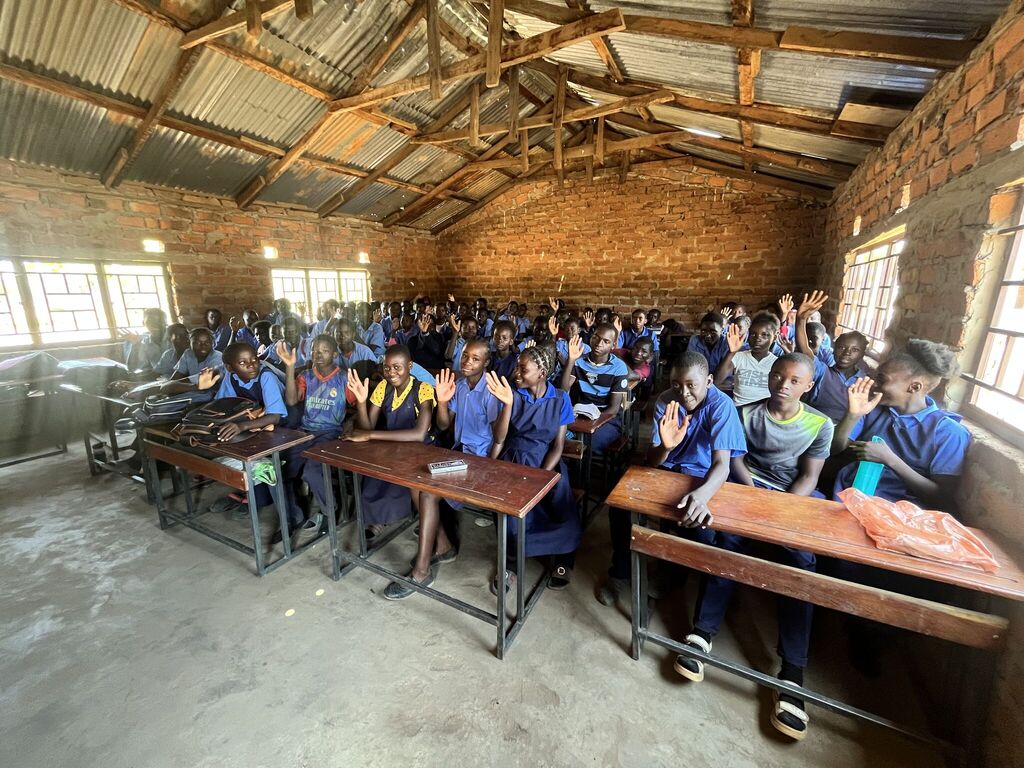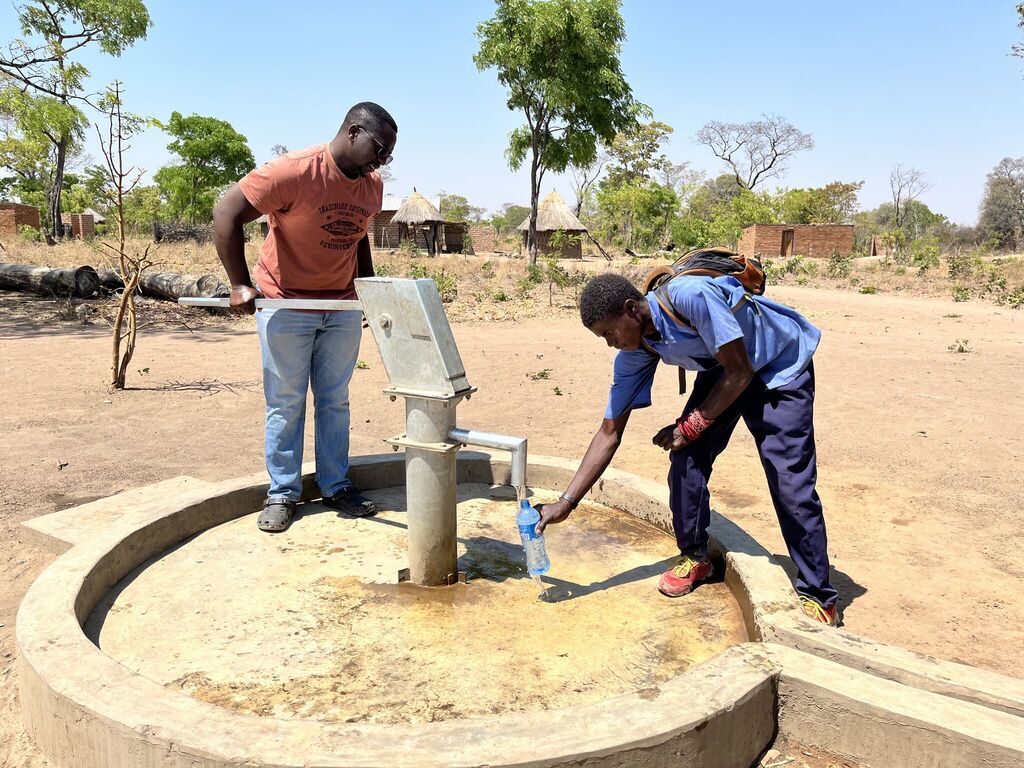
TUESDAY, OCTOBER 14, 2025 - The Jesuit Centre for Theological Reflection (JCTR), with support from Irish Jesuit International (IJI), has continued its mission to promote access to economic, social and cultural rights (ESCR) by facilitating meaningful dialogue between communities and duty bearers in Mumbwa District.
From October 6 to 10, 2025, JCTR convened a series of interface meetings under the project titled “Promoting Increased Access to Quality ESCR, Especially Education, Health and Water.” These engagements sought to strengthen communication and build trust between traditional leaders, local government officials, Ward Development Committees (WDCs), and community members from various parts of Mumbwa.
The discussions were grounded in the findings of earlier social accountability exercises led by youth groups trained by JCTR. These young people had spent months assessing the state of essential services in their communities, documenting gaps in the provision of education, health care, and water and sanitation facilities. Their efforts highlighted issues such as inadequate staffing in schools and clinics, irregular water supply, insufficient sanitation infrastructure, and the need for greater transparency in local resource allocation.
Facilitated by Mr. John Kunda Sauti and Dismas Kelly Chisanga, S.J. (both Faith and Justice Programme Officers), the interface meetings created a safe environment for communities to present evidence, raise concerns, and articulate their expectations. Duty bearers were given space to respond, provide updates on ongoing initiatives, clarify constraints, and outline steps they intend to take to address the issues raised. This honest and constructive exchange of views helped shift the conversation from criticism to collaborative action.
A notable feature of the engagements was the active participation from youth, who demonstrated confidence in presenting their findings and advocating for improved services. Their involvement illustrated the growing capacity of young people in Mumbwa to take ownership of development processes and champion accountability in their communities. Many traditional leaders and government representatives commended the clarity and commitment the youth exhibited, recognising the value of their contribution to local governance.
Participants expressed appreciation for JCTR’s continued presence and support, noting that the facilitated platforms are often the only structured opportunities for community voices to be heard by those responsible for service delivery. Several community members reported that such engagements have encouraged them to follow up on commitments, monitor progress more closely, and approach duty bearers with greater confidence.
The engagements also highlighted the systemic challenges affecting service delivery in rural districts, including limited budgets, inadequate infrastructure, and the need for stronger coordination among ministries at district level. By bringing these issues to the fore, the meetings helped create a shared understanding of the constraints and opportunities that all stakeholders must navigate.
Through the IJI-supported project, JCTR remains committed to deepening evidence-based advocacy and promoting the realisation of human dignity through improved access to essential services. By equipping communities with knowledge, platforms, and skills to engage meaningfully, the initiative is contributing to a more informed, participatory, and accountable local governance environment in Mumbwa.
The organisation will continue to support similar engagements throughout the project cycle, ensuring that the momentum generated by these conversations translates into tangible improvements in education, health care, water, and sanitation services for communities that have long been underserved.
